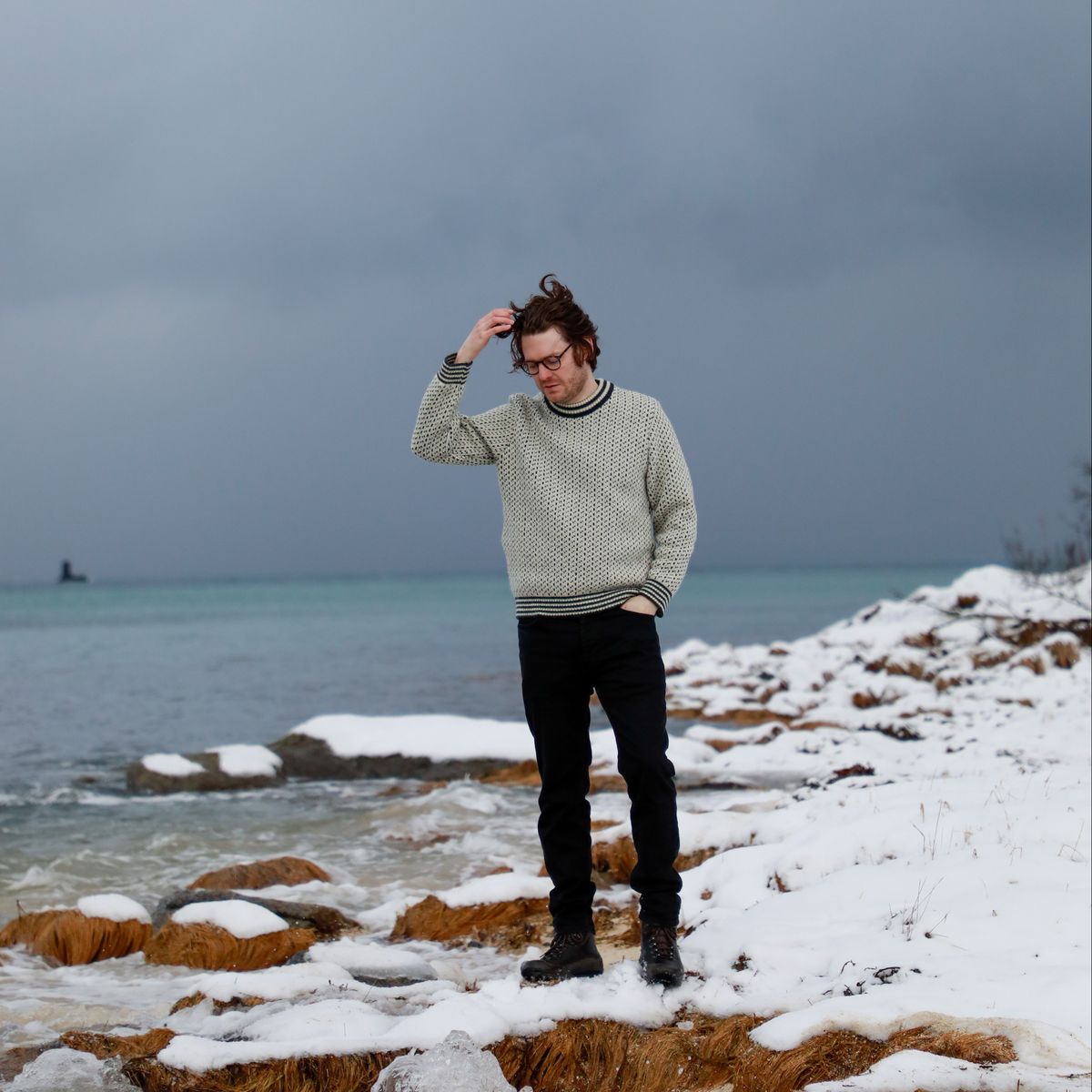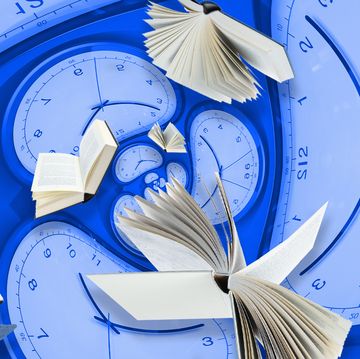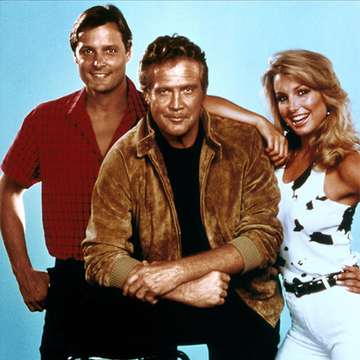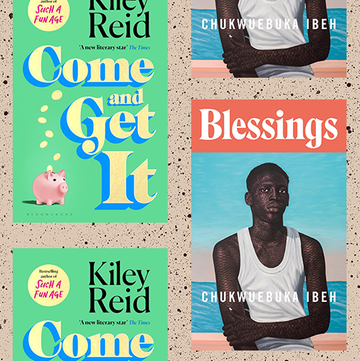“I have a very long history of falling apart on tour,” Zach Condon tells me. In the autumn of 2019, Condon, who performs as the multi-instrumentalist band Beirut, cancelled concerts because of illness and stress, leading to a “terrifying whirlwind”: he felt he had let bandmates down, his sickness wore on. Living in Berlin at the time, his girlfriend suggested a trip to Hadsel, an island in northern Norway. A winter of polar night might not be top of most people’s recovery list, but it appealed to Condon, a long standing night owl. “I think that stems from an entire life of seeing the day as the time when people stress out and do things they don’t want to do,” he says. “The night-time always represented a personal time, space and room to breathe – seeing my parents, for example, finally settle down after running around all day”.
By January, they arrived with suitcases full of the essentials: a studio’s worth of instruments and winter clothes. “There were some really intense blizzards where you had to slow down to a crawl,” he recalls. “And it was all in the pitch dark, which is what I had wanted.” Condon chose his rental house because it had a pump organ, and when the owners found out he was a musician, they introduced him to local organ enthusiast Oddvar. Oddvar provided access to the island’s church: a red, wooden, octagonal building built in 1824 with a working organ. “This story”, Condon admits with a laugh, “starts to sound ridiculous after a while”.
But being on Hadsel, in a church, in the snow provided necessary space. “It was very private,” he says. “There was a part of me that didn’t know if anyone would ever hear anything which came out of that time at all.” Condon, who grew up in Albuquerque, New Mexico, recorded sounds at the church with a tape recorder. When he returned to Berlin in the spring, just as the world sunk into lockdown, he assembled what would become his sixth album, the wistful and atmospheric Hadsel.
The new album marks a return to the DIY approach of his debut, 2006’s critically acclaimed Gulag Orkestar: in an attic studio, Condon layered drum sounds on top of the percussion recordings created in Norway. The songs are simultaneously expansive and introspective, evoking arctic landscapes and intimate feelings of loss. And we had so many plans, he sings on “So Many Plans”, Leap from the sill, see where we land. Condon is not sure if anything on Hadsel is any more vulnerable than any of his past work, but there was an ease when it came to writing this time round. “Most of the lyrics were improvised on the spot,” he says. “Whatever came up first landed on the page.”
Five years before the recording, around the time of making his fourth album No No No, Condon quit drinking. “I thought it would solve everything,” he says, “but it just shows all the problems that are going on underneath.” One of those problems, the singer explains, was an “obsession” about how he is perceived by others. “There was a part of me that was wrestling so intensely with being at all well-known musically,” he says, referring to the reaction from audiences and critics alike. This record was different: Condon really likes modular synthesisers, and even though “half the world” likes modular synthesisers, he used them on the album. “In the past, I would have stopped myself or overthought that.”
Now he plans to stay in Norway: he is speaking to me from a “cabin” he has bought not far from Hadsel, and he has also purchased a house on the island. That may sound like a fairy tale ending, but Condon, typically thoughtful, is cautious about such a framework. “One thing I didn’t want from this album is for people to think that it was this perfect little narrative of, ‘I had a dark night of the soul, I did an album, I feel better now.’ Because that’s just not true. That’s just not how it works, you know?”
‘Hadsel’ is out now via Pompeii Records
Henry Wong is a senior culture writer at Esquire, working across digital and print. He covers film, television, books, and art for the magazine, and also writes profiles.

![Hadsel [VINYL] Hadsel [VINYL]](https://hips.hearstapps.com/vader-prod.s3.amazonaws.com/1699456523-51a1fGdxsGL.jpg?crop=1xw:1xh;center,top&resize=980:*)












